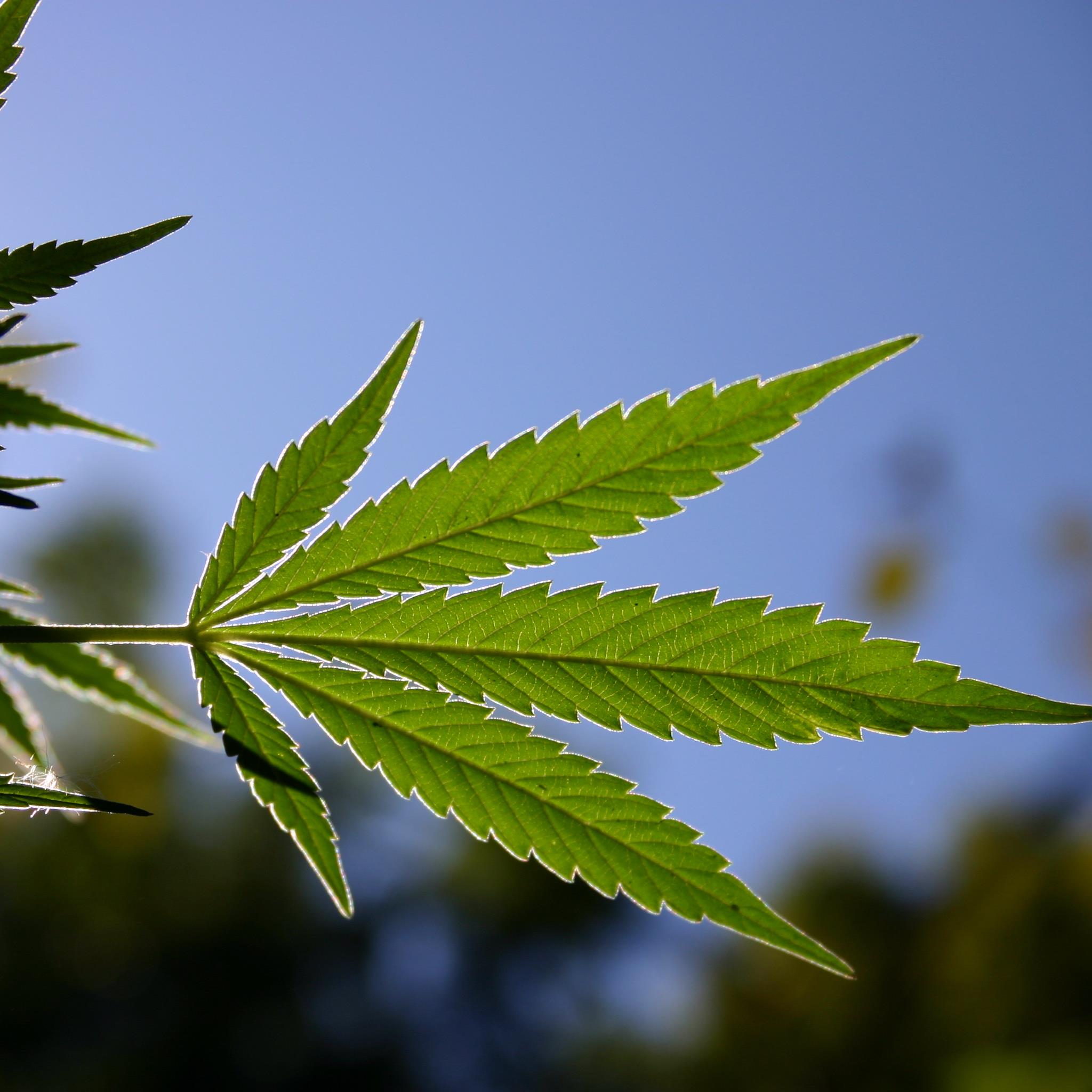
In an update to a paper published in December, the American Epilepsy Society published an abstract of data relating to the efficacy and safety of Epidiolex on children and young adults. Epidiolex is a pharmaceutical, plant-derived purified form of cannabidiol currently being tested by GW Pharmaceuticals PLC (NASDAQ: GWPH) to treat certain types of epilepsy. The paper published in December appeared in “The Lancet Neurology.”
In the updated report, researchers reported that 261 patients with an average age of 11.8 years and an age range of four months to 41 years participated in the study and that 47% experienced at least a 50% reduction in seizures. After three months of treatment, 9% of all patients were seizure-free, and 13% of patients suffering from Dravet Syndrome were seizure free.
According to the study’s authors:
These results from an uncontrolled study support the animal studies and prior reports showing that [cannabidiol] may be a promising treatment for [treatment-resistant epilepsies] and it is generally well-tolerated in doses up to 25mg/kg/day. Epidiolex is now being investigated in randomized controlled studies in [Dravet Syndrome] and Lennox-Gastaut Syndrome].
Here are other important news stories for the week.
Manhattan’s First Medical Marijuana Dispensary Opens and Is Already Working With Mt. Sinai Hospital
Nicholas Vita and Michael Abbott aren’t just opening New York City’s first medical marijuana dispensary, they are trying to steer the industry to a more data-focused way of matching patients with the strains of medical marijuana to help their specific conditions.
Located near Union Square in New York City, Columbia Care is collaborating with its famous neighbor, Mount Sinai Hospital, analyzing de-identified patient registry data that Columbia Care has collected from more than 100,000 interactions with patients in the states where it operates. While the first step is a retrospective analysis of this data, in time they hope to work together on clinical studies.
One of the most promising areas for research is the substitution of medical marijuana for opioids like OxyContin and Percocet for pain management said Columbia Care’s Vita. “68% of our patients with AIDS-related neuropathy have said that medical marijuana has allowed them to stop taking opioid prescription pain killers which can be addictive, cause a variety of harmful side-effects, and — most critically –are the cause of thousands of overdose deaths per year,” he said. According to research by The Rand Corporation, “states permitting medical marijuana dispensaries experience a relative decrease in opioid addictions and opioid overdose.”
Read more at Forbes.
We’ve also excerpted portions of a letter from the state of New York’s commissioner of health in another story related to legal medicinal marijuana sales in New York.
Pot Matters: The New Marijuana Issues
Looking ahead into 2016 one thing is clear: there is a lot more to marijuana’s legalization than whether cannabis users are arrested, fined or regulated.
That’s the old marijuana issue.
There was one discussion based on the belief that marijuana should be against the law, but that people shouldn’t spend much, if any, time in jail. Then, there was another discussion about whether marijuana should be legalized or not. The murky middle became one of the greatest obstacles to legalization, one prohibition’s supporters are desperate to resuscitate. It allowed people to support keeping marijuana illegal without requiring sending people to jail, or alternately to support reforming marijuana laws without making cannabis legal.
But as issues go, it was pretty simple. There were three options to consider—sending people to jail, making people pay fines and regulating their conduct.
Read more at High Times.
When Marijuana Forensic Science Becomes a Puppet for Police
Formal complaints have been filed in federal court against the Michigan State Police Crime Laboratory by criminal defense attorneys who want an independent investigation into the lab’s practices and policies. A series of emails, revealed by FOIA request, illuminate the lab’s “abhorrent and illegal” compromise of scientific method to alter test results from marijuana products in a way that favors prosecutors- changes that were initiated by state drug task forces and the Prosecuting Attorneys Association of Michigan.
“Our formal letter of complaint is intended to launch a serious and objective review of practices of the Crime Lab by the National Institute of Justice,” said Neil Rockind of Southfield, Michigan’s Rockind Law in a press release jointly issued with Michael Komorn of Southfield’s Komorn Law.
The letter was filed with the Director of the National Institute of Justice, Office of Investigative and Forensic Sciences in Washington, D.C. It specifically cites “negligence and incompetence resulting in Crime Lab findings, integrity and reliability that are in serious doubt,” the press release revealed.
Read more at The Weed Blog.
NC Council Snuffs Commission’s Pot Advice
The National City[, California,] City Council on Tuesday night unanimously voted to draft an ordinance to prohibit the cultivation of marijuana.
The decision went against the Planning Commission’s Nov. 23 recommendation that the council adopt an ordinance to regulate the cultivation of medical marijuana. The Planning Commission recommended this in a 4-3 vote.
City staff, however, suggested that the council ban medicinal marijuana cultivation because there wasn’t enough time to draft an ordinance addressing regulation before a state-imposed deadline. They said they felt additional time was needed to research potential effects of recent legislation and to fully vet other ordinances to use them as a framework for the city of National City.
Read more The Star News.
Two Years Later, Uruguay Still Has No Legal Marijuana for Sale
A little over two years ago, then-Uruguayan President Jose Mujica signed a law that at the time was seen as revolutionary.
Uruguay was set to become the first country on Earth where the cultivation, sale and taxation of marijuana would all be legal. Most extraordinary, the tiny South American nation planned to grow, tax, and sell weed itself — as in, government-sponsored weed sold directly to residents ages 18 and up at licensed pharmacies nationwide.
But, two years later, it is still impossible to buy weed legally in Uruguay.
You can grow your own. You can join a cannabis “collective” and share pot with your friends. You can also smoke weed, as you have been able to since the 1970s. But actually buying it from anyone is still entirely illegal.
Read more at Global Post.
“The Next NVIDIA” Could Change Your Life
If you missed out on NVIDIA’s historic run, your chance to see life-changing profits from AI isn’t over.
The 24/7 Wall Street Analyst who first called NVIDIA’s AI-fueled rise in 2009 just published a brand-new research report named “The Next NVIDIA.”
Click here to download your FREE copy.
Thank you for reading! Have some feedback for us?
Contact the 24/7 Wall St. editorial team.



